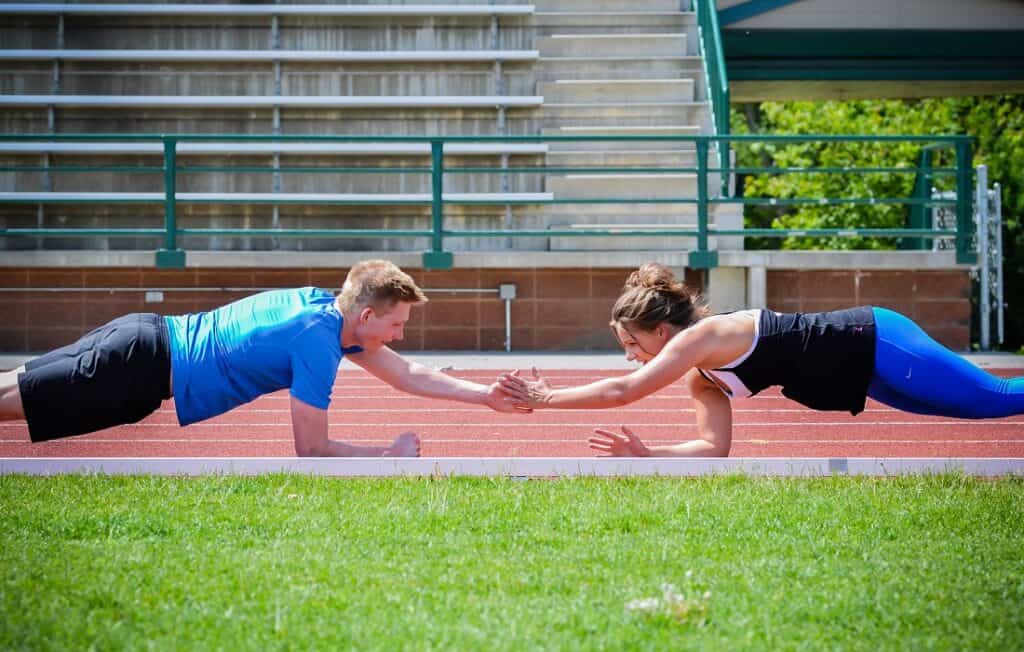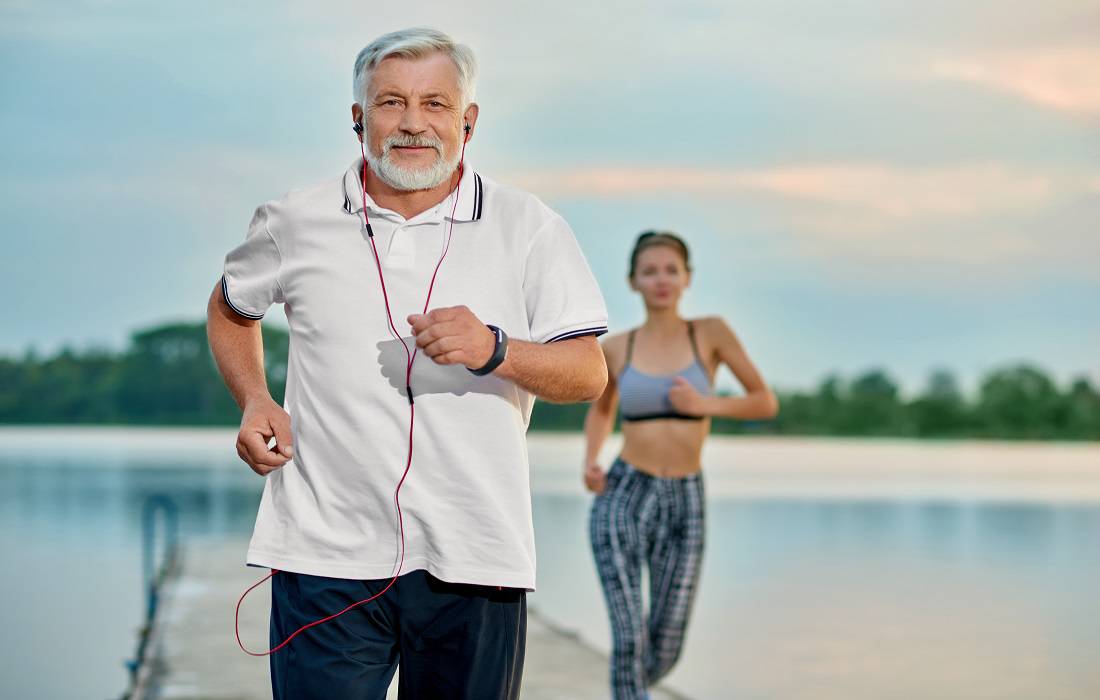It doesn’t matter if you just turned 21 or are going on 50 or beyond; taking care of your health in adulthood is crucial to having a quality of life.
Regular Exercise
Much of the effects of aging take place slowly over time. We lose muscle mass, flexibility, collagen that helps restore elasticity in the skin, and so much more. Unfortunately, these changes are slow acting, and by the time we see the changes made, it’s too late to stop them or slow them.
So, how do we stay healthy and age gracefully as we age?
Aging gracefully is part art, part science, and part genetics.
You can’t control your genetics, but you can control how you style yourself and what you do that helps you to age well.
Eating right, getting enough sleep, exercising regularly, and avoiding using drugs or alcohol are all simple things we can control that impact our health, especially as we age.
In addition to eating the right balance of foods, getting regular exercise may be the single most crucial factor to our health as we age.
Regular exercise provides the body with a variety of benefits.
Benefits Of Exercise
When people think of exercise, they often picture the muscle-bound weightlifter in the gym. But there are all types of exercise, each providing different benefits for you.
For example, any physical activity that raises your heart rate and increases your breathing is a form of exercise.
Regular exercise can provide a multitude of benefits as we age. For example, regular physical activity helps maintain healthy body weight while reducing the risk of chronic disease and injury.
Some of the benefits of regular exercise include:
Stronger muscles and bones
Increased flexibility
Lower risk of chronic diseases such as diabetes
Enhanced immune system
Lower cholesterol
Healthier blood vessels
A lower risk of high blood pressure
Weight loss and appetite control
Decreased risk of colon cancer
Improved levels of testosterone as you age
Slow-down aging: Regular exercise, especially regular aerobic exercise, can not only reduce the effects of aging, but some research has shown that it can reverse the adverse effects of aging. Whether the impact of exercise makes you look younger, they provide a mechanism for more robust respiratory and cardiovascular function, proven to be essential for living a longer, healthier life.
Get better sleep: Exercise has been shown to improve the quality and depth of sleep in people that report being active regularly.
There are some unknown reasons for this, but one primary reason may be that exercise raises the body’s core temperature, a feature that stimulates the brain, making it think it’s time to be awake and alert. However, as the body cools down post-exercise, the brain releases neurochemicals that influence the slow wave activity of the brain, a trigger for a deeper sleep.
Be in a better mood: As with sleeping, exercise releases other powerful neurochemicals that regulate moods and cognition. For example, regular exercise releases dopamine into the brain, a chemical aligned with pleasure sensations, boosting spirits and sharpening focus.
Improve the quality of life: Regular exercise can improve the quality of life as we age. Over time we lose muscle strength, bone density, and flexibility in our joints. Regular exercise can provide those benefits and increase our stamina, enhancing our quality of life.
For older adults, regular exercise and increased stamina and muscle allow for more significant opportunities for independent living, continuing quality of life, and wellness.
Feel great, look great: One of the hardest things to accept in life is that we are getting older. Our brains make us think we’re still young. We don’t see ourselves as we are but what we perceive ourselves to be.
By exercising regularly, you can sharpen and tone your body to reflect how you feel on the inside. As a result, you will feel better and begin to see the body changes outwardly that reflect how you feel inside.

Do What You Enjoy
Exercise doesn’t need to be something you dread or is a chore. In fact, doing activities you don’t enjoy is not sustainable. But, on the other hand, it’s more important to do an activity you want than the one you do because it has some health benefits attached.
And to stay motivated with your exercise routine, it’s best to join a club or organization to help you commit and become accountable to others. In a nutshell, that’s the power of a team–the cohesive connection members feel toward each other and not letting your team members down that drives us to stay on track even when individual motivation lags.
As adults, there are plenty of ways to create accountability, whether joining a sports league or attending a fitness class.
Consider joining a local sports team. You can do a localized Google search for teams and leagues in your area.
For example, if you live near Seattle and search for indoor soccer in the area, you might find this TOCA Redmond page for a facility 15 minutes outside of town and discover that they provide opportunities for soccer teams and scrimmages for people of all ages.
Many communities have adult softball teams, and if you’re feeling more adventurous than soccer or softball there’s always rugby. A search for someone in San DIego might uncover OMBAC, a famous club in San Diego that offers a variety of opportunities from Rugby to crew and their annual “over-the-line.”
What if sports aren’t your thing? You could join a fitness class and make an “accountability buddy.” This person is someone you hold accountable to attend the fitness class and often is a friend or associate you like, someone you can enjoy the exercise with before and after the activity.
Reward Yourself: All Work And No Play Make Jack A Dull Boy
In Stephen King’s “The Shining,” the character Jack is an overly stressed, working writer that goes mad in an abandoned ski log during a snowstorm and tries to murder his family.
The point about all work and no play is as valid for Jack as much as it is for you. Enjoying what you do but also setting out fun and rewards are crucial to motivation and keeping your senses about yourself.
Reward yourself and create an incentive plan, such as having a snack or a beer once in a while if you achieve all your weekly exercise goals. Or consider a night out for a week’s worth of healthy eating and activities. Whatever you enjoy doing, add an incentive to your exercise routine.


